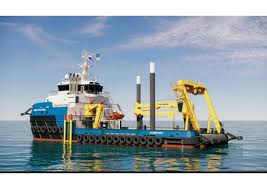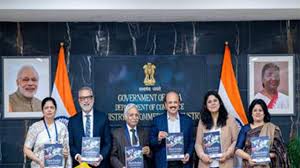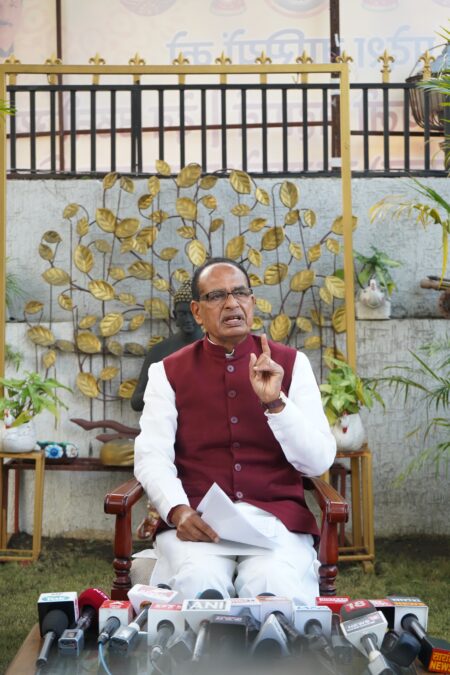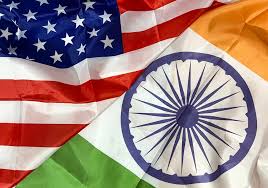India, Turkey, and Indonesia criticise the EU’s new waste shipment rules at the WTO, citing trade and environmental concerns.
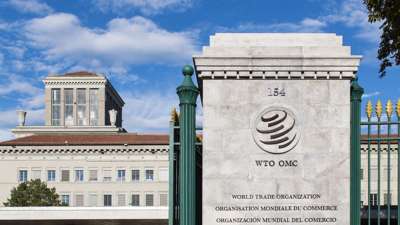
India, Turkey, and Indonesia have expressed concerns about the European Union’s proposed regulation on waste shipments, alleging that it overreaches its aim of environmental protection by treating hazardous waste and recyclable waste identically. This issue was raised at the WTO Committee on Goods, with countries arguing that while the EU’s objectives are legitimate, the measures should not unnecessarily impede international trade.
Waste exports from the EU to non-EU countries have surged by 72% since 2004, reaching 35 million tons in 2023. Nearly half of this waste goes to non-OECD countries. Under the new regulation, effective May 21, 2027, exports to non-OECD countries will only be allowed if these countries demonstrate their capability to manage the waste sustainably and inform the European Commission of their willingness to import it.
India, the second-largest recipient of EU waste in 2022, received 3.5 million tonnes. Turkey was the largest, importing 12.4 million tonnes. Other significant recipients included the UK, Switzerland, Norway, Egypt, Pakistan, Indonesia, Morocco, and the US.
At the WTO meeting, Indonesia emphasised the need for “intensive communication and dialogue” to ensure transparency and understanding of the regulation, advocating for minimal hindrances for countries reusing waste as raw materials and avoiding excessive administrative requirements.
In response, the EU defended the regulation, stating it ensures that the conditions for waste imported by other countries are broadly equivalent to those in the EU, without requiring full compliance with EU laws. The EU expressed openness to feedback and committed to providing practical guidance on the new waste shipment regime.







